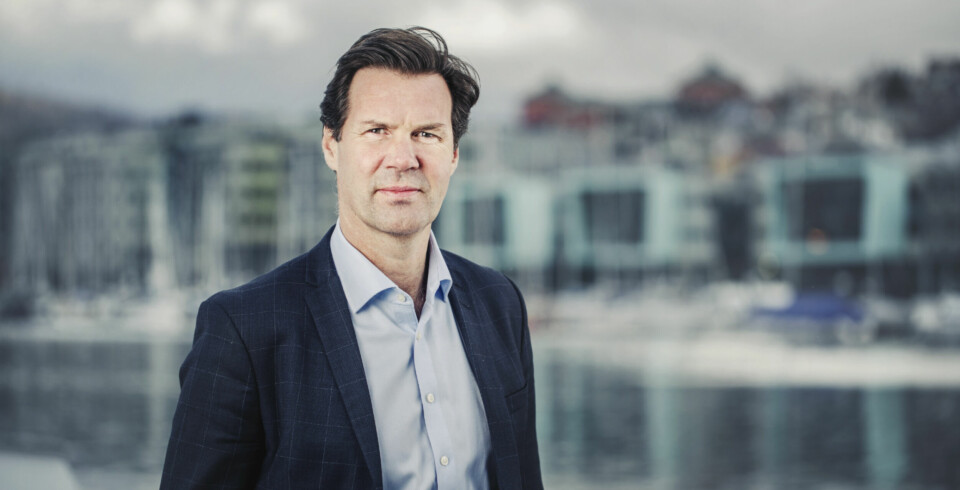
Scottish Sea Farms co-owner Lerøy made £74.4m in Q1
Scottish Sea Farms co-owner Lerøy Seafood today reported a higher NOK operating profit for the first quarter of this year compared to Q1 2022 but is unhappy with the profitability of its salmonid farming division.
Revenue was up by 26% year-on-year and operating EBIT was NOK 989 million (£74.4m), up from NOK 889m in Q1 2022, with Lerøy’s wildcatch division posting strong results.
Operating EBIT per kilo in the farming division was NOK 26.0, up from NOK 15.0 in Q4 2022, and the division’s operating EBIT was NOK 742m, up from NOK 633m in Q1 2022.
It harvested 28,602 gutted weight tonnes in Norway in the quarter and is expecting to harvest 175,000 gwt for the full year. When its half share of the 37,000 gwt expected to be harvested by Scottish Sea Farms is added, its annual harvest volume will be 193,500 gwt.
Impact on prices
But the company pointed out that Q1 2023 has been impacted a challenging situation in the farming division in the second half of 2022 resulting in low average harvest weight and a less than optimal harvest profile with respect to prices through the first quarter.
“We are not satisfied with the profitability in the Farming segment this quarter and have implemented a number of measures expected to result in gradually improving performance,” said chief executive Henning Beltestad.
Year to date, the seasonal pattern has mirrored 2022 with a low seasonal volume of salmon and trout at the start of the year which is having a significant impact on pricing.
“The demand for seafood is strong, but it is also worth noting that the spot prices for salmon so far in Q2 are significantly higher than this time last year in Norwegian kroner, but lower in euros,” said Beltestad.
Harmful tax
Like other major Norwegian salmon farmers, Lerøy has again warned of the damage companies believe will be caused to the sector by the government’s proposed resource rent tax, or salmon tax, which will raise the tax on salmon farmers’ profits from 22% to 57%.
“With more than 400 consultation responses received pointing out the harmful effects and operational challenges, it is extremely disappointing that the government did not take the input into consideration in its draft bill, which was published on 28 March 2023,” said Beltestad.
“Our production is sustainable from an economic, social and environmental perspective. Norwegian aquaculture companies consistently appear in international rankings of the world's most sustainable protein producers. We are contributing to the global green shift. It is difficult to comprehend that the government is now substantially limiting the capital available for investments.
“It is well documented in the consultation responses that the proposed tax is in no way investment neutral. If it is adopted, it will significantly weaken development in the industry.”























































